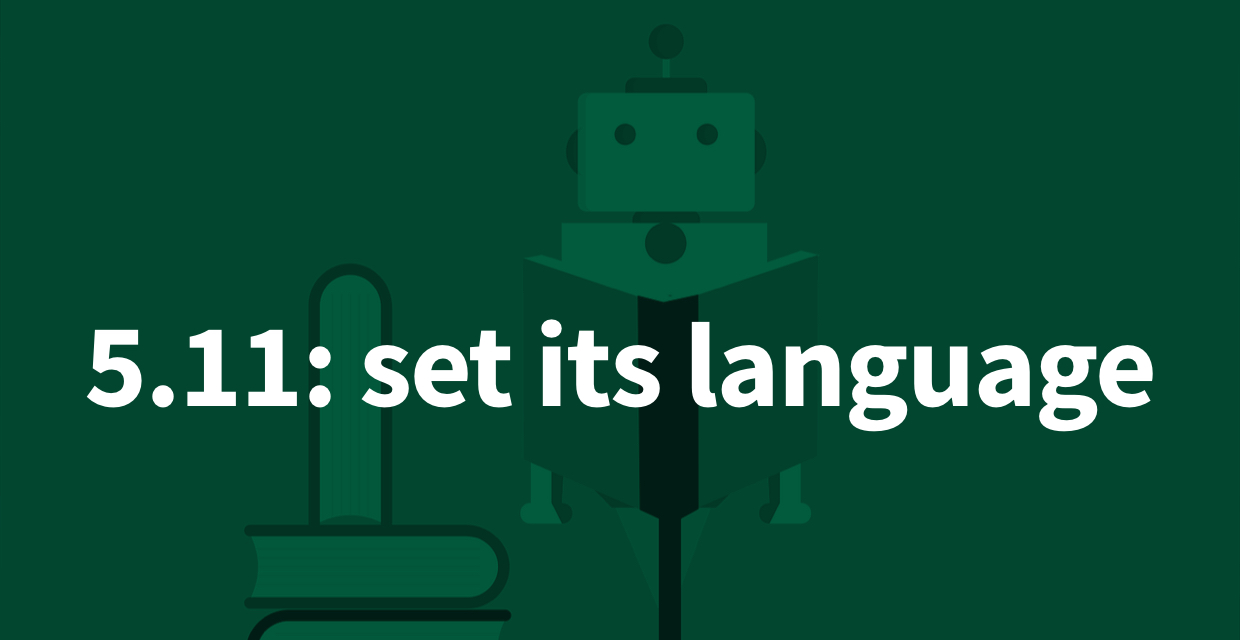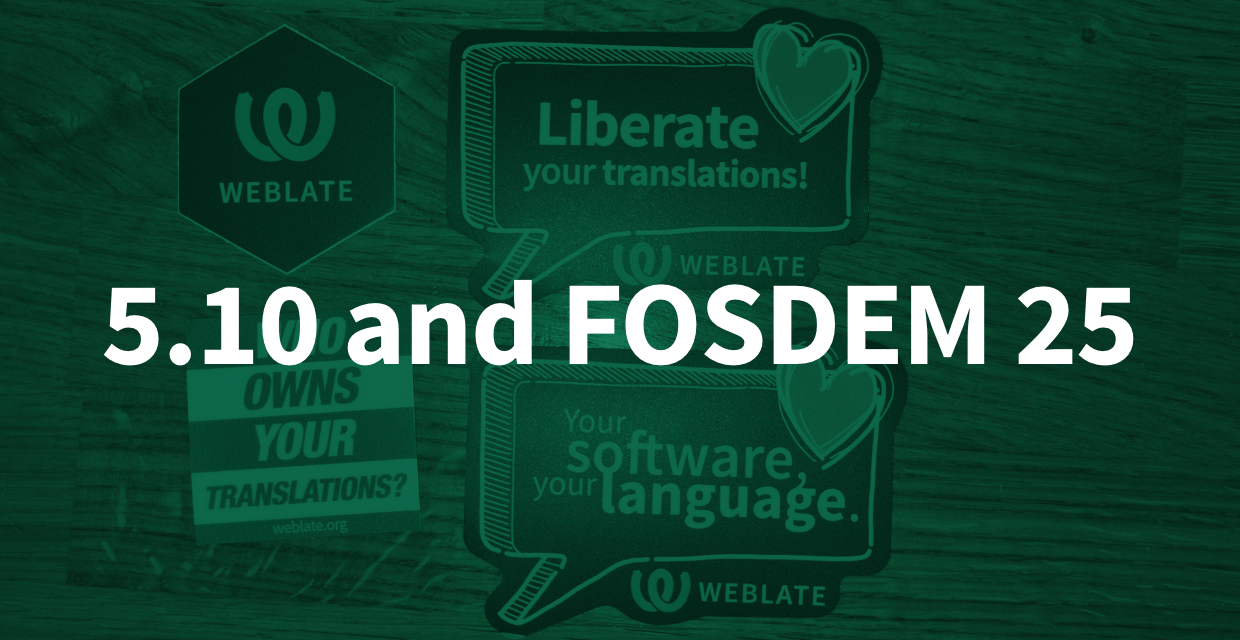The last major Weblate version of 2024 is here, and it is the first one since we’ve became the company.
What has changed? In the release process, nothing. In this version, a lot. Let’s take a look.
The next popular machine translation engine that got the support for uploading a glossary is Google Cloud Translation Advanced. You can get way more personalized localization when benefiting from your maintained glossary. If you prefer to get automatic suggestions from your own translation memory, things become more convenient for you as well—XLIFF, PO, and CSV are the new formats supported for uploading TM database exports from other systems. Other improvements useful for integration between various tools appear in the API—new calls, error messages, and values.
A good deal of news for Weblate server admins is also included. Besides several performance improvements, we want to mention the highly reduced memory usage of the Docker container and better spam and robot prevention during the registration process. The additional step is based on Altcha, a privacy-friendly, GDPR-compliant, and privately hosted captcha solution made in the EU.
Aside from the mentioned stars of this version, you can find friendly tweaks all around, like the one you find in the shade of the dark mode appearance customization. Or the performance improvement will make happy admins and users alike—in Translation Propagation. This feature is one of those of Weblate that has been well-used for years. It will also benefit from some improvements in the future, and you can help define the scope! Join the discussion in the corresponding GitHub issue, because the diverse community is what drives Weblate forward.
A small, but handy feature to round this up is a shortcut for a component duplication, which you can find in the Manage menu → Duplicate component. Enjoy!



